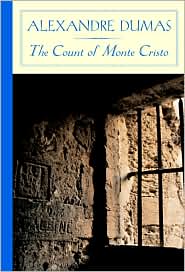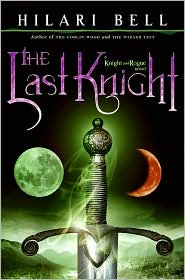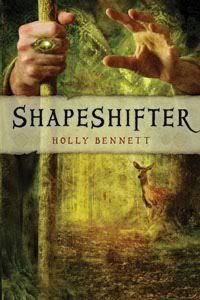 Synopsis: A mix-up with their reservations forces Harvey from New York, Mistral from Paris, and Sheng from Shanghai to share a room with the hotel owner's daughter, Elettra from Rome. Soon the four kids discover an amazing coincidence - they all have birthdays on February 29, Leap Day. That night, a strange man gives them a briefcase and asks them to take care of it until he returns. Soon afterward, the man is murdered.
Synopsis: A mix-up with their reservations forces Harvey from New York, Mistral from Paris, and Sheng from Shanghai to share a room with the hotel owner's daughter, Elettra from Rome. Soon the four kids discover an amazing coincidence - they all have birthdays on February 29, Leap Day. That night, a strange man gives them a briefcase and asks them to take care of it until he returns. Soon afterward, the man is murdered.
The kids open the briefcase. In it they find a series of clues that takes them all over Rome, through dusty libraries and dark catacombs, in search of the elusive Ring of Fire, an ancient object so powerful that legend says even a Roman emperor couldn't control it.
Review: I'll say it right now: this wasn't as good as the Ulysses Moore books. For one thing, it's written in present-tense, and unless I am just utterly losing my head, Ulysses Moore wasn't in present-tense. Sometimes present-tense can work, but very, very rarely, and in this case, it just made everything so very movie-ish, and anyone who has read my reviews before knows how much I dislike the movie feeling in literature.
On top of that, there just wasn't a single character that I particularly cared about. None of the four kids is especially annoying, but there's nothing to really like about them, either. Harvey's name gave me reason enough to mildly wish him dead; his attitude gave me more of one: whiny and not wanting to pursue anything. I kept wanting to call Elettra "Elektra" - especially since she affected electronics. And absolutely everyone's dialogue almost always trails off with ". . .", even when the character has actually finished a thought and isn't trailing off. The Author just writes it like that.
The storyline itself is interesting, but due to the present-tense and lack of likable characters, I had a very hard time becoming engaged and staying that way. Which is a complete pity, because I love Baccalario's other series. The Century Quartet isn't a good judgment of his books; I would encourage Readers to check out his Ulysses Moore series before condemning all of his writing.
Despite the shortcomings of Ring of Fire, I will read the next three books, if only to discover what happens, and maybe things will improve as the story continues.
Overall Rating: KK
Review: I'll say it right now: this wasn't as good as the Ulysses Moore books. For one thing, it's written in present-tense, and unless I am just utterly losing my head, Ulysses Moore wasn't in present-tense. Sometimes present-tense can work, but very, very rarely, and in this case, it just made everything so very movie-ish, and anyone who has read my reviews before knows how much I dislike the movie feeling in literature.
On top of that, there just wasn't a single character that I particularly cared about. None of the four kids is especially annoying, but there's nothing to really like about them, either. Harvey's name gave me reason enough to mildly wish him dead; his attitude gave me more of one: whiny and not wanting to pursue anything. I kept wanting to call Elettra "Elektra" - especially since she affected electronics. And absolutely everyone's dialogue almost always trails off with ". . .", even when the character has actually finished a thought and isn't trailing off. The Author just writes it like that.
The storyline itself is interesting, but due to the present-tense and lack of likable characters, I had a very hard time becoming engaged and staying that way. Which is a complete pity, because I love Baccalario's other series. The Century Quartet isn't a good judgment of his books; I would encourage Readers to check out his Ulysses Moore series before condemning all of his writing.
Despite the shortcomings of Ring of Fire, I will read the next three books, if only to discover what happens, and maybe things will improve as the story continues.
Overall Rating: KK
Others in the Century Quartet Series:
1)Ring of Fire
2)Star of Stone
3)City of Wind
4)Dragon of Seas
4)Dragon of Seas













